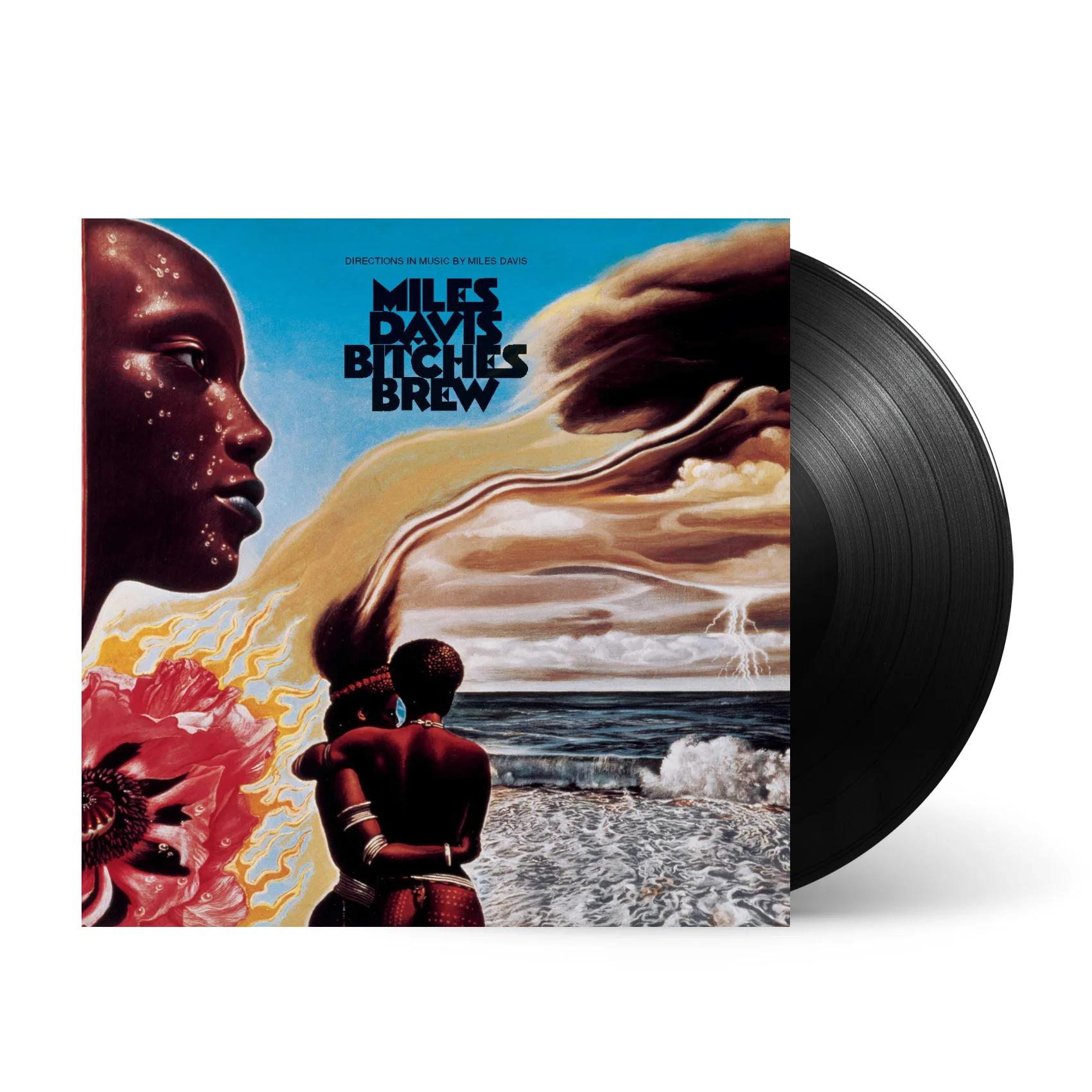Among the most controversial recordings in the history of jazz, BITCHES BREW was Miles Davis' shot across the bow of jazz insularity, a bold statement about jazz's ability to draw upon elements of popular culture, without mitigating its spirit of spontaneous invention. Much as Ornette Coleman's THE SHAPE OF JAZZ TO COME set a new standard for harmonic and melodic freedom a decade before, BITCHES BREW signaled a sea change in jazz. Davis became a lightning rod for jazz's transformation, by mixing the best elements of '60s free jazz with dancing funk rhythms, electric rock textures, blues phrasing and his own breakthroughs in harmony and modality. Davis employed the Electric Flag's Harvey Brooks to double up with upright bassist Dave Holland on the Fender bass, and he is the modal heartbeat of every tune, freeing up the multiple drummers and keyboardists to weave a complex polytonal/polyrhythmic web of volatile chords and colliding rhythms. Joe Zawinul's "Pharaoh's Dance" and Davis' "Bitches Brew" treat their multiple themes in a ritualistic manner, as several strata of voices engage the lead melody in exciting exchanges. "Spanish Key" offers a thrilling sense of tension and release, as the trumpeter navigates a "Sex Machine"-styled vamp with a terse, brilliantly constructed solo, revelling in his new guitar-like phrasing. "John McLaughlin" is Davis' tribute to the innovative guitarist; "Miles Runs The Voodoo Down" is a spooky, visceral melange of funk, blues and third world sources; and Shorter's "Sanctuary" is a moody ballad that builds to a fever pitch. The savage emotional power of BITCHES BREW and Davis' subsequent recordings cries out for a fresh critical reassessment.
